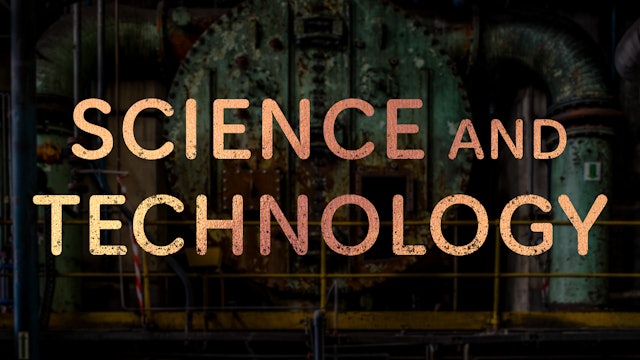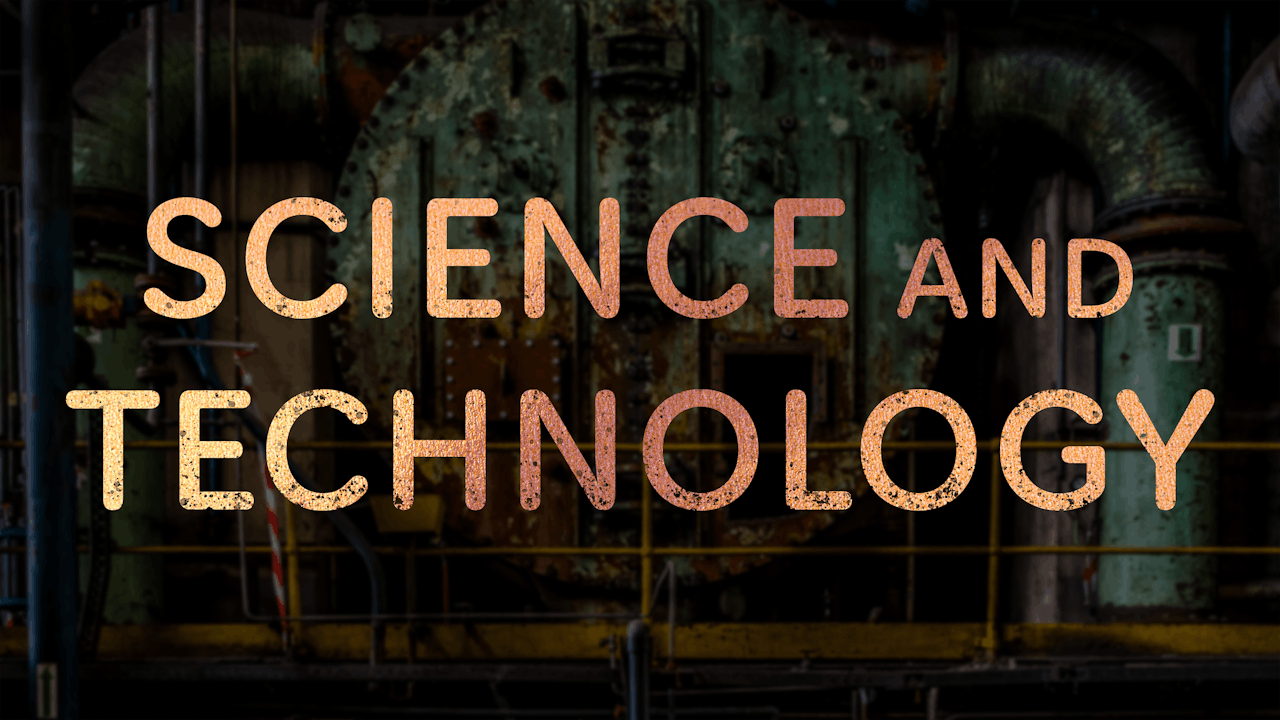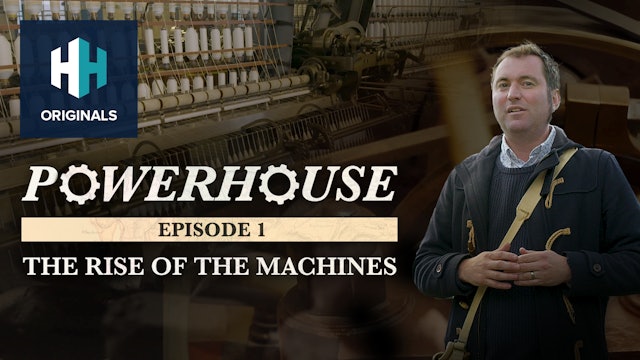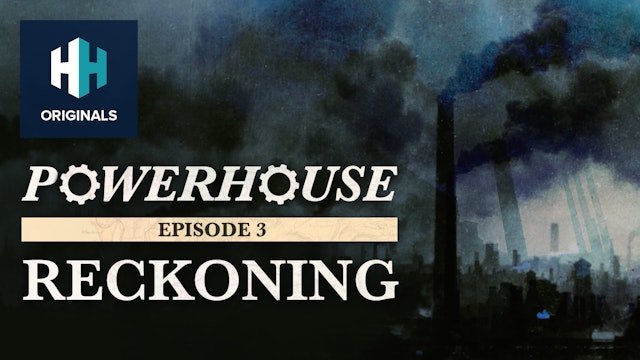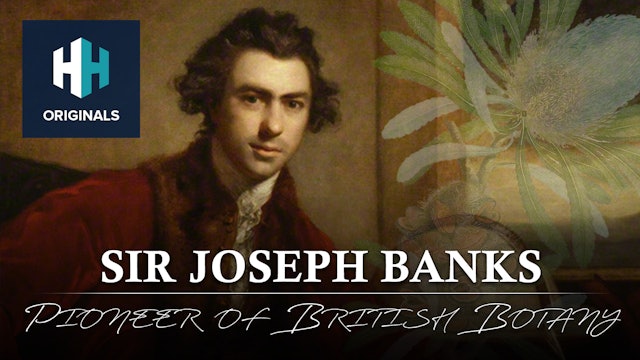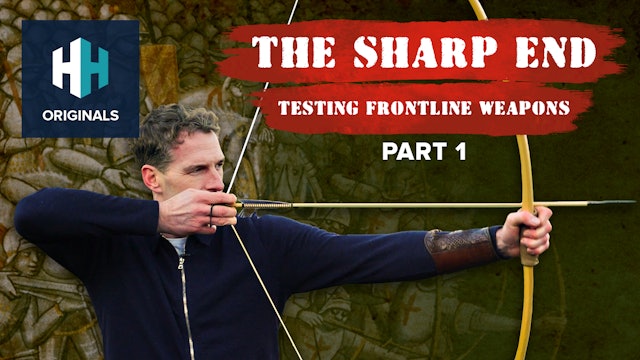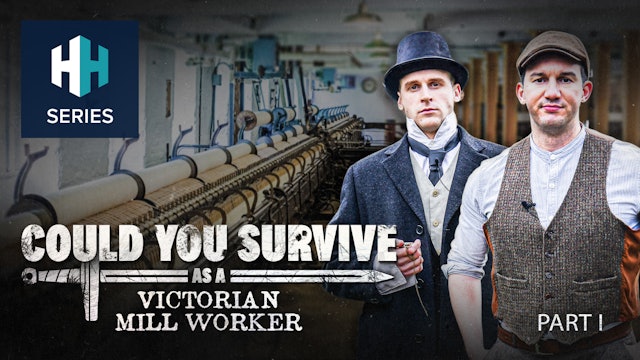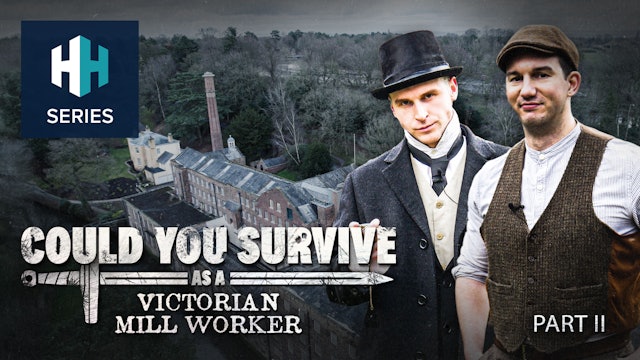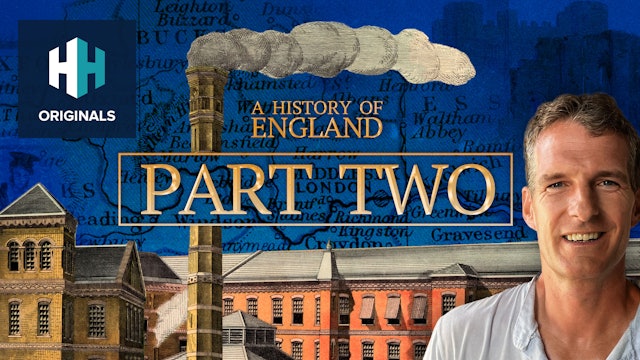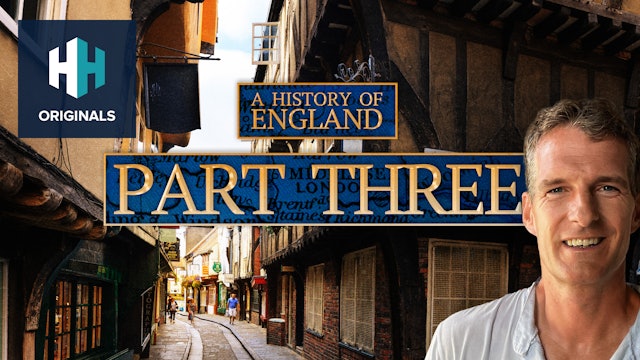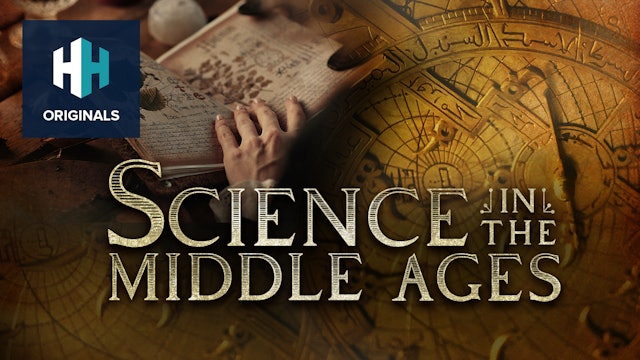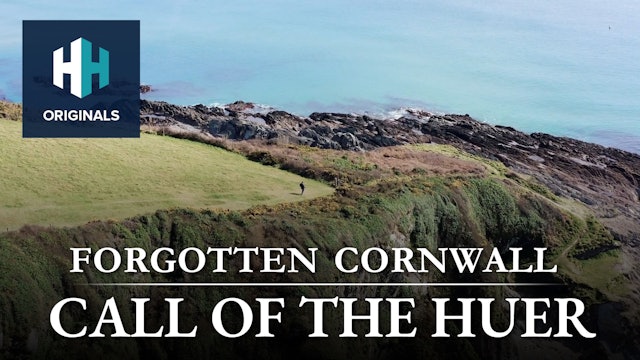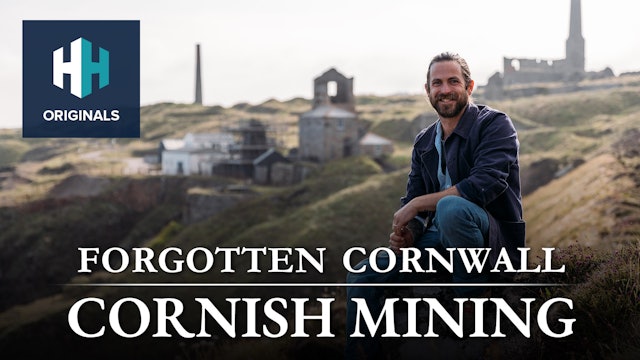-
The Flu that Killed 50 Million
It is 1918 and the end of WWI. Millions have died, and the world is exhausted by war. But soon a new horror is sweeping the world, a terrifying virus that will kill more than fifty million people - the Spanish flu. Using dramatic reconstruction and eyewitness testimony from doctors, soldiers, civ...
-
Whittle: The Jet Pioneer
Whittle: The Jet Pioneer reveals the struggle of young aviator and engineer, Frank Whittle, as the Nazis took Europe into total war. Whittle became one of the most influential Britons of the 20th century with an invention that changed the face of our planet.
-
Powerhouse: The Rise of the Machines
For nearly two hundred years, the north led the way in developing new technologies and industries that would completely re-shape societies, economies and the world order.
Presented by northern writer Daniel Gray, Powerhouse; Industrial Revolution in the North tells the story of the birth of the ...
-
Powerhouse: Ex Machina
For nearly two hundred years, the north led the way in developing new technologies and industries that would completely re-shape societies, economies and the world order.
Presented by northern writer Daniel Gray, Powerhouse; Industrial Revolution in the North tells the story of the birth of the ...
-
Powerhouse: Reckoning
For nearly two hundred years, the north led the way in developing new technologies and industries that would completely re-shape societies, economies and the world order.
Presented by northern writer Daniel Gray, Powerhouse; Industrial Revolution in the North tells the story of the birth of the ...
-
Sir Joseph Banks: Pioneer of British Botany
‘Dictator of British Botany’. ‘Autocrat of the Philosophers’. Sir Joseph Banks has been called many things over the past few centuries. A towering figure in the development of British botany and British natural history during the 18th century, he voyaged across the World with famous navigators su...
-
The Sharp End: Episode 1
What was it like to be on the frontline of a historic battlefield?
Filmed at the Royal Armouries, Leeds, Dan Snow gets hands on with the weapons that helped define history, handled by ordinary soldiers on the frontline - from Anglo-Saxon swords to World War I machine guns.
In this first episo...
-
The Sharp End: Episode 2
What was it like to be on the frontline of a historic battlefield?
Filmed at the Royal Armouries, Leeds, Dan Snow gets hands on with the weapons that helped define history, handled by ordinary soldiers on the frontline - from Anglo-Saxon swords to World War I machine guns.
In part 2, Dan gets t...
-
Could you Survive as a Victorian Worker? Part I
As new technologies emerged throughout the 19th century, and the use of water and steam power became commonplace, millions of rural workers, including thousands of children, descended on the growing industrial towns to work in mills and factories. Northern cities such as Manchester, Leeds and She...
-
Could you Survive as a Victorian Worker? Part II
As new technologies emerged throughout the 19th century, and the use of water and steam power became commonplace, millions of rural workers, including thousands of children, descended on the growing industrial towns to work in mills and factories. Northern cities such as Manchester, Leeds and She...
-
A History of England: Part One
England is a country stuffed full of history. From the Stone Age to the Nuclear Age there are thousands of inspirational sites that have helped to shape the past and present.
Join Dan Snow on an epic road trip, from Stonehenge in Wiltshire to the Cold War Bunker in York. He’ll be racing across ...
-
A History of England: Part Two
England is a country stuffed full of history. From the Stone Age to the Nuclear Age there are thousands of inspirational sites that have helped shape the past and present.
In this episode Dan kicks off with the Tudors at Kenilworth Castle in Warwickshire where he discovers the story of one of th...
-
A History of England: Part Three
So far Dan's epic road trip through time has taken him from the mysteries of prehistory to the rich splendours of the Tudors, right up to the wonders of the industrial revolution.
In this episode, he'll uncover the stories of some of the winners and losers of the Victorian Age with a visit to Br...
-
Science in the Middle Ages
Seb Falk, a historian of medieval science at Cambridge University and the author of The Light Ages, tackles the big questions about science in the Middle Ages.
-
Call of the Huer
In the first episode of this series, James is in his home county of Cornwall. He visits Huer's Hut in Newquay and the small fishing village of Mousehole, renowned for its thriving Pilchard industry. Whilst the scale of the industry has changed, the fish is as important as ever to the local commun...
-
Cornish Mining
In the second episode of this series, James returns to his home county of Cornwall and travels along the Tin Coast to explore the long and rich history of the mining industry that defined the area for generations. He visits Levant Mine, which is home to the world's last remaining Cornish beam eng...

